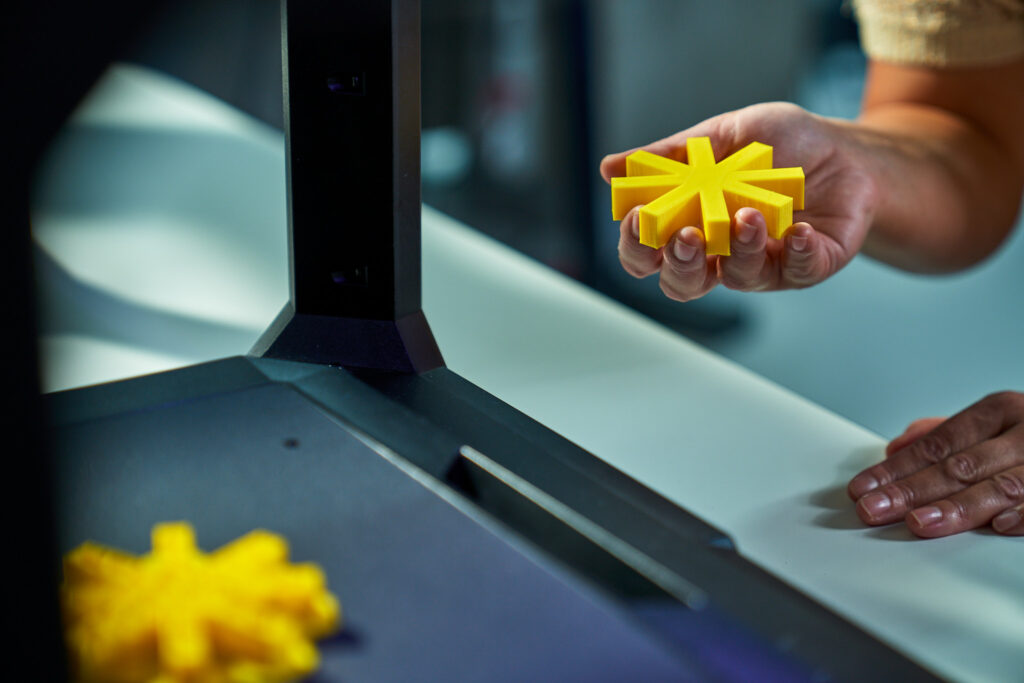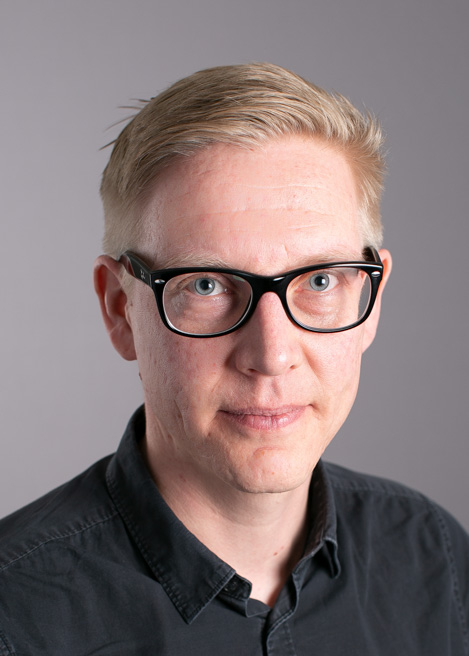Design and Use of Relational Databases

Date of implementation
6.1. – 15.6.2025
Scope
Type of studies and location
Which degree program is the course from?
Degree Programme in Information and Communications Technology
Teaching language
What will you learn?
After completing the course, the student understands the basics of database systems, and especially the operating principles of relational databases. The student learns how to design and model a database with ER technique, transform it to relational schema and further implement it as a relational database. After the course, the student knows how to use at least one well-known database management system (SQLite, MySQL or similar), can plan and create relational databases as well as apply SQL for most common query and update operations to the database.
What do the studies include?
In the database design part of the course, students familiarize themselves with database thinking and the principles of data management from a quality perspective. Key topics include data modeling using ER diagrams, relational schema representations and normalization technique for validating the quality of the design. In the database use part of the course, students apply structured query language (SQL) to create a database (SQL DDL), and to manipulate and search data in the database (SQL DML). The course consists of self-study materials and practical exercises with a final test.
Students familiarize themselves with database thinking and the principles of data management from a quality perspective. Key topics include data modeling using ER diagrams, relational schema representations and normalization technique for validating the quality of the database design. In the database use part of the course, students apply structured query language (SQL) to create a database (SQL DDL), and to manipulate and search data in the database (SQL DML). The course consists of self-study materials, exercises, midterm tests, a practical work and final exam.
Learning rounds are the following:
– Introduction
– ER model 1
– ER model 2
– Relational model
– Normalization
– SQL 1: basic queries
– SQL DDL & DML: creating database and inserting data
– SQL 2: more complex queries
The study schedule is personal. Please note, however, that the course and registration to the Ville study platform will close at a certain time.
When and where will the course be held?
You can find the exact teaching times and places on Lukkarikone.
- Change the language from the top right corner under “FI”. Enter the course code TT00CP38-3004 and press search.
- Add the course to the schedule by pressing +Add on the search results list.
- The course schedule is now shown on the calendar view, where you’ll find the time and place of each meeting.
If the teaching times are not shown on Lukkarikone, contact the teacher.
Enroll
for
the
course
Enrollment period
Study places
500
Price:
75 €
Who is the course suitable for?
Open UAS courses are open to everyone. Open UAS courses are selections from Bachelor’s and Master’s degree program curricula, and you’ll usually study in the same group as degree students.
There may be prerequisites for participation on individual courses. You can find information on required previous studies or know-how in the course details on our study guide, see the link for course details above. Please note that you are responsible for making sure that you have the skills and know-how required for participation.
To participate on Master’s level courses, you must have completed a Bachelor’s degree or equivalent higher education degree in Finland or abroad.
Open UAS offers individual courses in both Finnish and in English. Please note that you must have sufficient language skills to take part in Open UAS studies. Generally, language skills at level B1 or above are recommended for participating in higher education. Some study options may have specific language skill requirements.
Open UAS study fee
Open UAS studies are subject to a study fee. Individual courses usually cost 15 € per ECTS credit. Read more about study fees.
If the study fee for a course differs, or if the course is free of charge, the information is available in the course information above.
5 reasons to study at Open UAS
- Open UAS studies are for everyone, regardless of age or background.
- You can try what’s it like to study at a UAS or get to know a study field you’re interested in.
- You can take individual courses or larger study modules.
- If you’re aiming for a Bachelor’s or Master’s degree, you can complete credits in advance.
- You’ll gain new skills, learn and be inspired.
Enjoy every person’s right to study. Learn more about Open studies.

